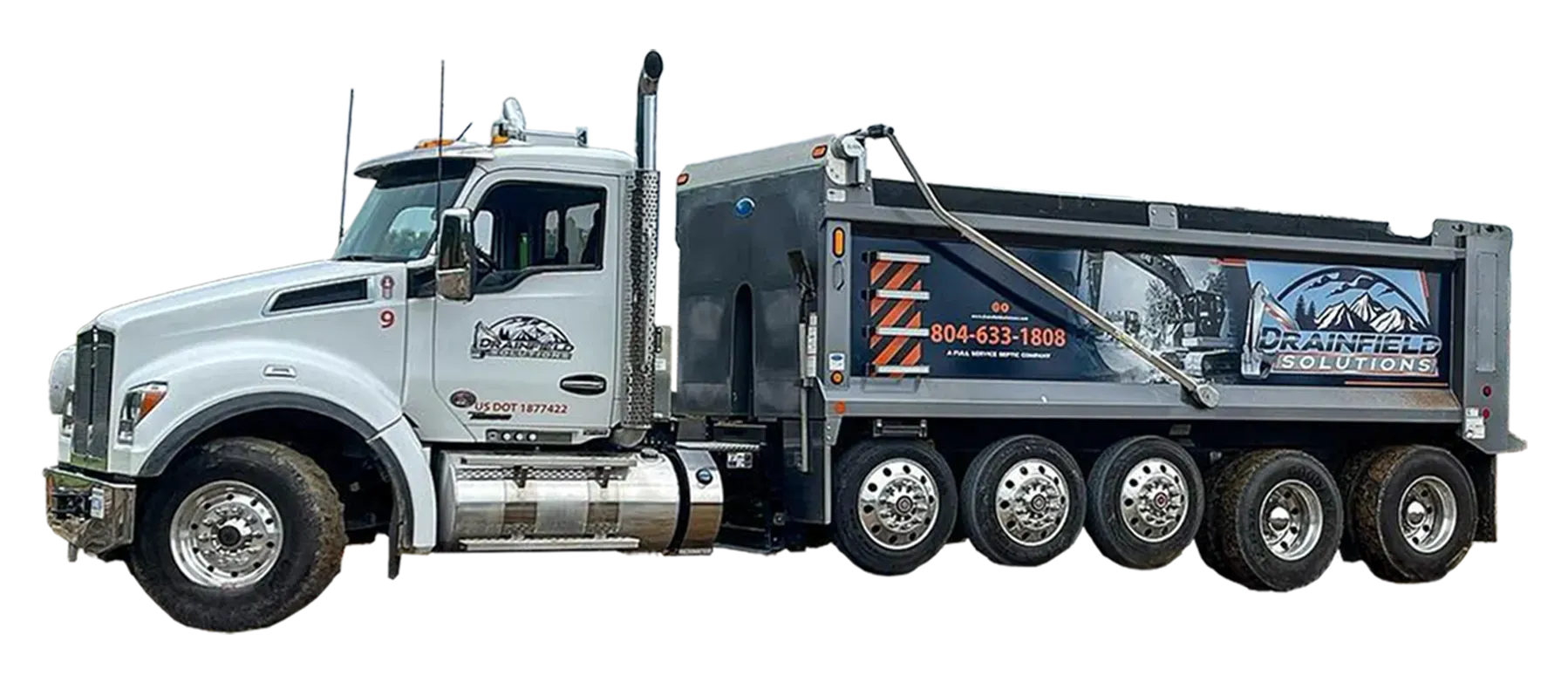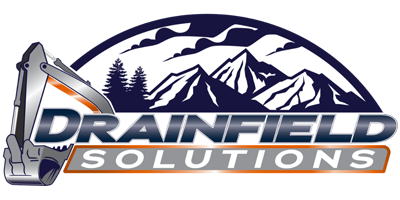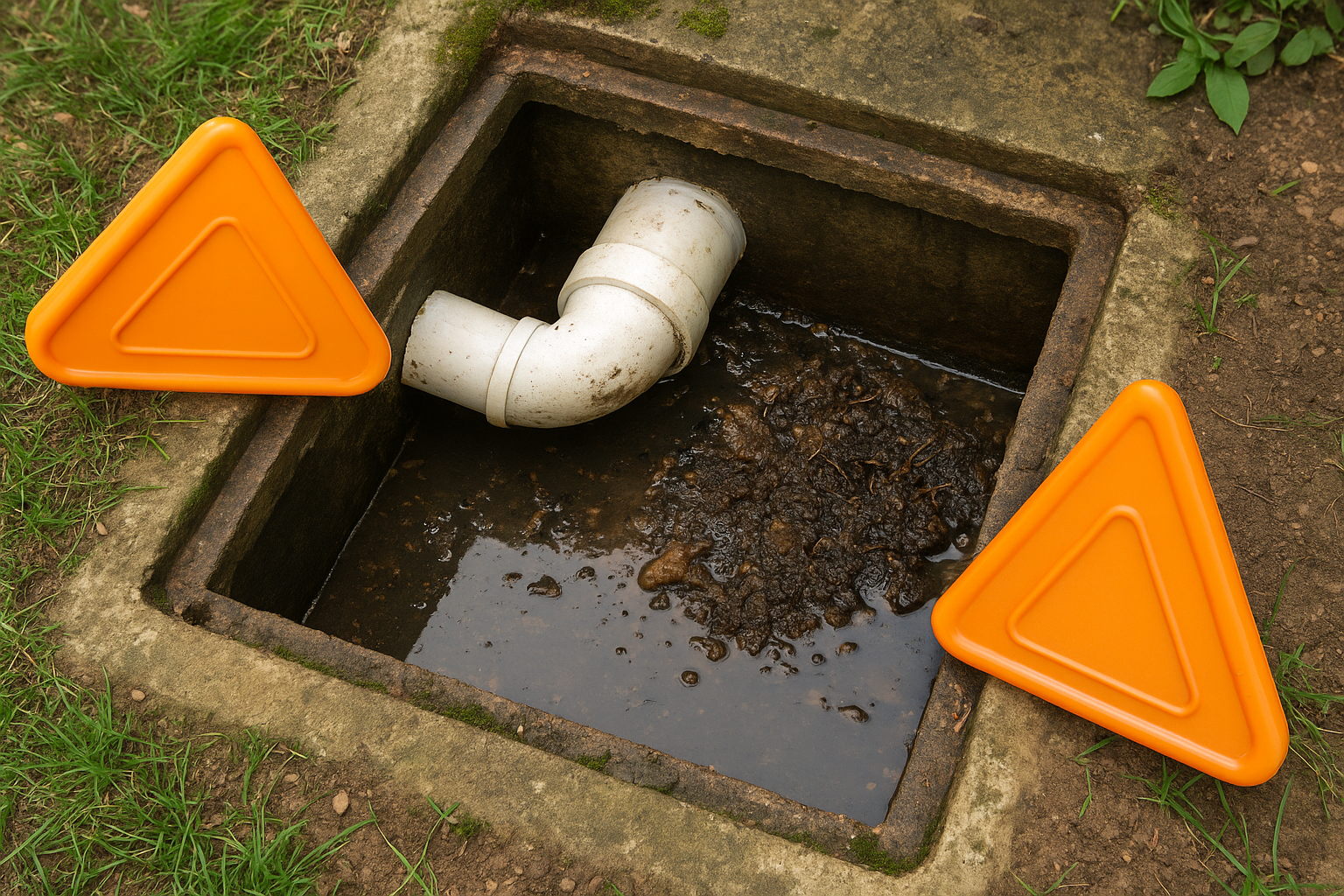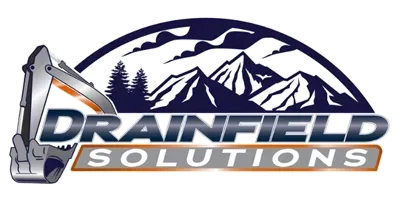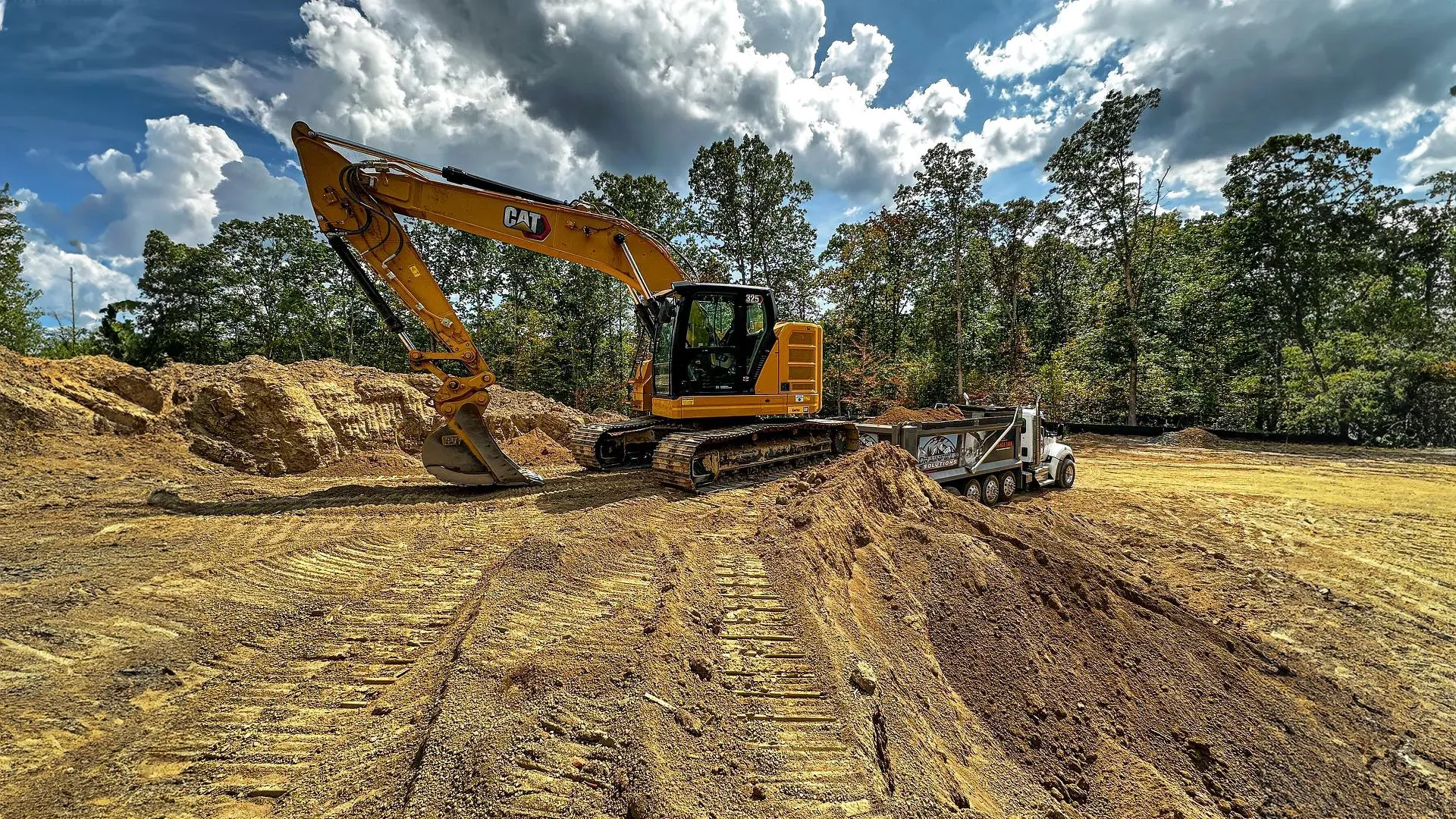
How Big of a Septic Tank Do I Need?
April 8, 2025
When installing a septic system, one of the most important decisions made is choosing the right septic tank size. A properly sized septic tank ensures efficient wastewater treatment, prevents costly maintenance issues, and extends the lifespan of your system. But how does your septic system installer and an AOSE determine the right size septic tank for your property? Let's break it down.
What is an AOSE?
An AOSE stands for Authorized Onsite Soil Evaluator. In Virginia, an AOSE is a licensed professional who is trained and authorized by the state to:
- Evaluate soil conditions on a property
- Design onsite sewage systems (like septic systems)
- Submit system designs and applications to the Virginia Department of Health (VDH)
What Does An AOSE Do?
An AOSE plays a critical role in the septic system process. Their responsibilities include:
- Performing soil tests (often called a "perc test")
- Determining the best location for a drainfield
- Designing alternative or conventional septic systems based on soil type, property layout, and usage
- Working with local health departments to get permits approved
Your chosen septic system and drainfield installation company works hand in hand with a local AOSE to be sure your septic tank is properly sized. The calculation is a precise mathematical equation and built to ensure your septic tank size is appropriate for your home.
Factors That Determine Septic Tank Size
1. Number of Bedrooms
The number of bedrooms in your home is the most significant factor when choosing the most appropriate septic tank size.
Recommended Septic Tank Sizes by Bedroom Count
- 1–2 bedrooms: 750-gallon tank (minimum)
- 3 bedrooms: 1,000-gallon tank
- 4 bedrooms: 1,250-gallon tank
- 5+ bedrooms: 1,500-gallon tank
2. Local Regulations
Each state or county may have specific guidelines on the minimum septic tank size required based on bedroom count, and soil conditions. Your local AOSE will work with your local health department and your chosen septic system professional.
3. Soil and Drainfield Conditions
The ability of your drain field to absorb and filter wastewater affects septic tank sizing. Properties with slow-draining soil, such as clay, may require a larger tank and an alternative drain field design to ensure proper wastewater treatment.
The Right Septic Tank Size
Your professional septic system installer will work directly with an AOSE to determine the right septic tank size. This takes the decision out of the homeowners hands and leaves it to the professionals. Installing a septic system that’s too small can lead to frequent backups, premature system failure, and increased maintenance costs. On the other hand, an oversized system may not function efficiently due to infrequent wastewater cycling.
At Drainfield Solutions, we have been specializing in septic system design, installation, and maintenance in Bowling Green, Ruther Glen, Fredericksburg, Mechanicsville, Stafford, Falmouth, Dahlgren, King George, Mineral, and surrounding areas for over 20 years. Our experienced team will work alongside an AOSE and determine the best septic tank size for your home based on local regulations, household needs, soil conditions.
Contact Us Today!
If you need expert guidance on septic system installation or maintenance, give us a call at 804-633-1808 or visit our website: www.drainfieldsolutions.com. Let us help you choose the right septic system for your property!
Share Post
Latest Posts
Ready to Take the Next Step?
Whether you're in need of a system inspection or regular maintenance, Drainfield Solutions is here to help. Get in touch today for reliable service you can trust.
